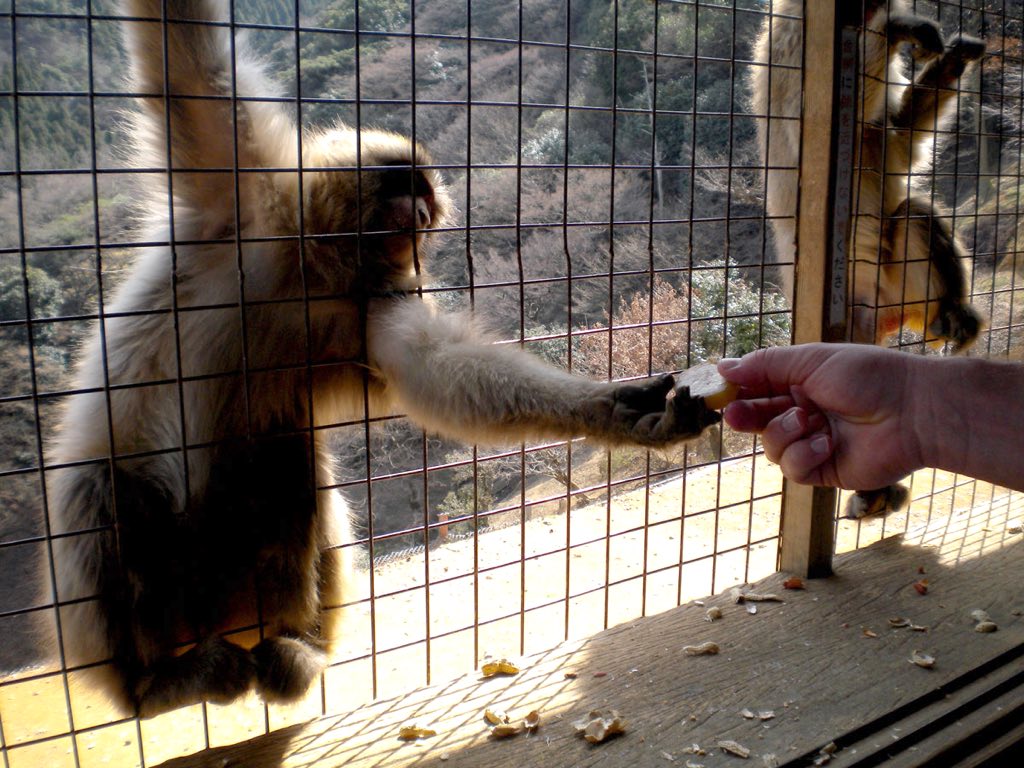Creativity and freedom

Someone once told me the best canvas for an artist was a postage stamp. Seems counterintuitive, doesn't it? You'd think a creative person could go on for ages. So I don't know if there's any truth behind it, but it still stuck with me throughout the years. Every now and then, it comes to mind.
Are we more creative when we have freedom, or do we need constraints?
When I worked as a designer, I always wanted more freedom and more time. I suspect this is always going to be the case when you spend the bulk of your day on buttons, banners and mockups for stakeholders who "know a thing or two about design" themselves.
Jokes aside, it might have been unrealistic to want a lot of freedom here, because the purpose of design is to solve problems, and problems are created by constraints. Juggling canvas space restrictions, colour palettes, brand styles, user attention, stakeholder idiosyncrasies and the technical limitations of the medium posed the total challenge. I wasn't asked to be artistic, I was asked to design an optimal answer within a particular combination of constraints. Therein lay my measure of creativity.
Some people need the pressure of a deadline to be creative, to get anything done at all. I've met many creatives who admit to squandering the luxury of time on procrastination. And even more who fall into the trap of over-thinking. When you have too much time and not enough parameters to give you direction, anything is possible - and not necessarily in a good way.
Say you're asked to design a couple of mockups, and are given a ton of freedom. Now you're not just solving a problem, you're finding solutions for several problems that may or may not be relevant to the greater objective - but you'll only know for sure after you've done the work and put it through the wringer. That's a lot of sweat, tears and Photoshop hours. Sometimes that much wiggle room triggers a creatively agoraphobic panic, even if you have heaps of time to consider every possibility. The task just feels big, you know? Insurmountable. Higher thought shuts down, and you fall back on safe, same-samey patterns just to get by.
Maybe I just wasn't a good designer, and this is what happens. But I can't deny how useful it can be to have limitations. I did find my creativity would skyrocket during highschool and uni exam time, or when I was sick - periods where I was technically busier or more stressed. Something about the pressure got me fired up.
On the other hand, science suggests we need freedom from cognitive load to be creative. I can't deny that either. It's hard to think imaginatively when burnt out - hard to think of anything but survival. There's a lot to be said for giving ourselves a chance to relax, giving our brains the space to process stuff and apply some higher thought. We're just treading water otherwise.
Perhaps the question is less about whether freedom or constraints make us more creative, and more about how much of both we need, and what we end up doing with it. It's not that we need to wish for free time or more space, but for purposeful time, with just enough constraint for guidance, in which we can freely move toward what we want to achieve.
For the past month, I've been tethered to this blog, promising myself I would publish 30 posts in 30 days. But not just any old post. The aim was to push myself - so there could be no BS token effort. And the content had to stay true to this blog. Nothing stupid, nothing not me for the sake of ticking a box. Those were the rules, and there were busy, uninspired days where I wished I could break them. But I didn't. I accepted the constraints and took liberties where I could.
Towards the end, words seemed to come more naturally, even when I was stuck for ideas. I found I could speak on things I was tongue-tied about before. Now on the last day of this challenge, I'm feeling sufficiently pushed, and more confident about my writing and creativity.
I guess this experience has taught me that to improve in any area, to achieve a more natural feeling of creativity in any discipline, it takes focus and a sense of purpose. Not the whim of inspiration - you can go to that mountain if it doesn't come to you. Not the luxury of free time - I've written less on longer deadlines. There's no two ways about it. If you want to reach a rewarding goal, you simply have to work for it.
What a bastard of a thing.